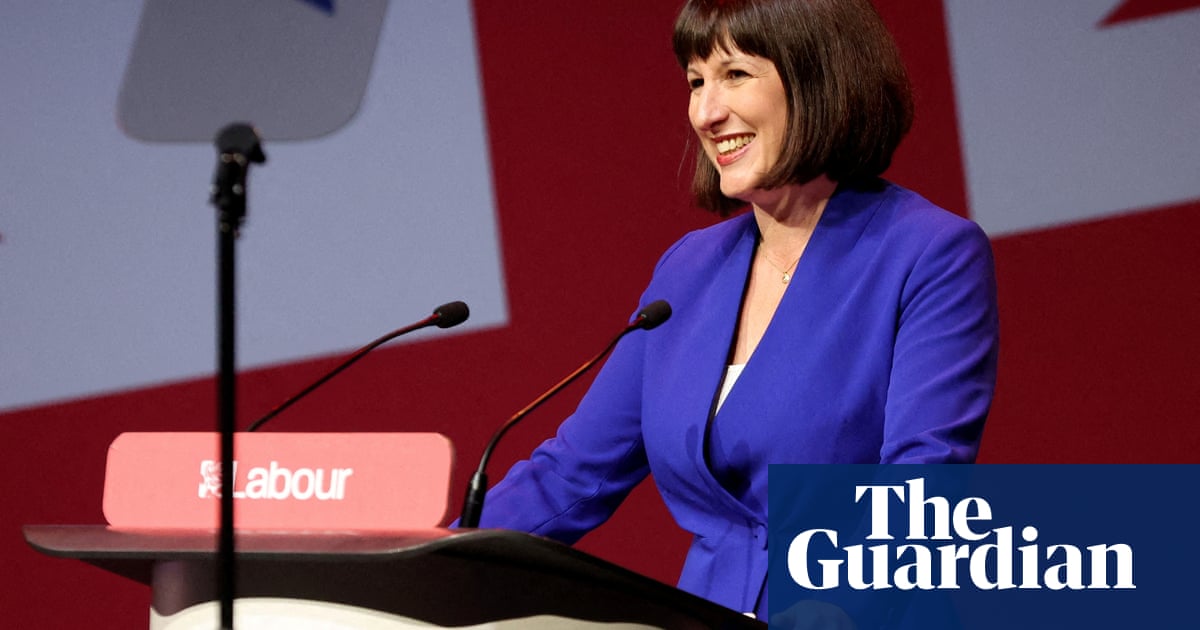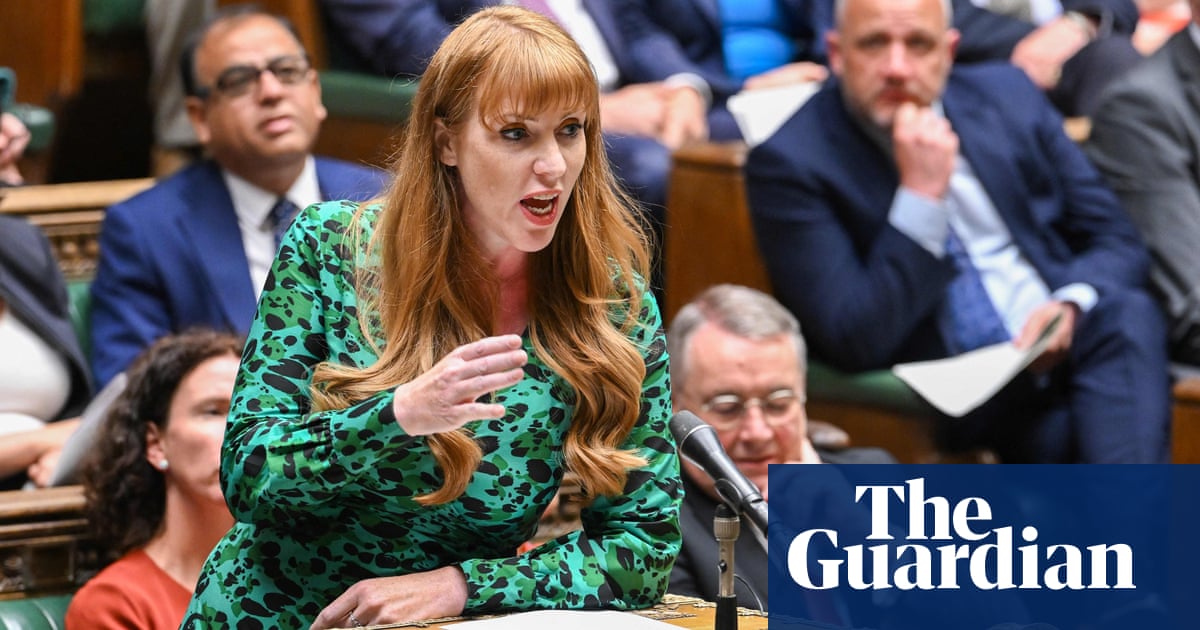
A Labour government would create a powerful Covid corruption commissioner to help recoup billions of pounds of taxpayers’ money that has been lost to waste, fraud and flawed contracts during the pandemic, Rachel Reeves is to announce.
The new commissioner would be given the power to bring together public agencies including HMRC, the Serious Fraud Office and the National Crime Agency to pursue at least £2.6bn of “lost” public funds. They would examine contracts line by line and would have to update parliament on their progress in clawing back money.
An estimated £7.2bn was lost in fraud from Covid support schemes including from business loans and grants, furlough and “eat out to help out”, although the figure could be as high as £10.8bn, according to the House of Commons library. Labour believes a lower estimate of £4.7bn could be achieved if losses are contained.
In her conference speech in Liverpool on Monday, Reeves will announce that Labour would review sentencing on fraud and corruption conducted against UK public services, as well as reform public procurement rules to include a strong “debarment and exclusion” regime for those complicit in fraud against the state.
There would also be more robust oversight of public grant and loan schemes in future with counter-fraud experts, data management and analytics all involved to prevent financial losses.
“The cost to the taxpayer of Covid fraud is estimated at £7.2bn with every one of those cheques signed by Rishi Sunak as chancellor and yet just 2% of fraudulent Covid grants have been recovered,” Reeves will say.
“We will appoint a Covid corruption commissioner equipped with the powers they need and the mandate to do what it takes to chase those who have ripped off the taxpayer, taking them to court and clawing back every penny of taxpayers money that they can. That money belongs in our NHS, it belongs in our schools, it belongs in our police and conference – we want that money back.”
During the pandemic the government suspended its usual procurement processes and introduced a highly secretive VIP “fast lane” for procurement of goods including protective equipment. It later wrote off £8.7bn it had spent on defective or overpriced PPE.
Jolyon Maugham, the founder of the Good Law Project campaign group, said: “The scale of PPE waste and corruption is sickening: over £10bn lost; more than four in every five pounds spent. If you’re serious about looking after public money – yours and mine – you want those billions back. Recovering them starts with political will. Until now that has been sorely lacking – so this is a very positive development.”
In her speech to party activists, Reeves also will announce that a Labour government would accelerate the planning process for critical national infrastructure as part of plans to revive the sluggish economy.
The changes would include updating all national policy statements, some of which have not been revised for over a decade, within the first six months of Labour entering office.
These would detail what types of projects the country needs while weaving considerations about economic growth and net zero into the planning system. Planning applications would be fast-tracked for battery factories, laboratories and 5G infrastructure.
Decision times for major infrastructure projects have increased by 65% since 2012, now taking four years, she will say, promising a “once-in-a-generation” set of reforms to speed this up.
However, there would be a push to win over residents so they feel that construction is in their interests. There would be a menu of potential incentives such as cheaper energy bills to help communities welcome clean energy projects.
Labour would tackle time-consuming litigation by setting clearer national guidance for developers on consulting local communities. Local council planning departments would receive a boost with the appointment of 300 new planning officers, funded by raising the stamp duty surcharge on non-UK residents.
In her speech, Reeves will address criticism of Labour that it has been too focused on providing reassurance to voters, and not giving them enough to inspire them, with senior party figures saying that the £28bn green investment plan will be key to this.
“Labour’s task is to restore hope to our politics,” she will say. “The hope that lets us face the future with confidence, with a new era of economic security because there is no hope without security. You cannot dream big if you cannot sleep in peace at night. The peace that comes from knowing you have enough to put aside for a rainy day and the knowledge that, when you need them, strong public services will be there for you and your family.
“The strength that allows a society to withstand global shocks because it is from those strong foundations of security that hope can spring.”












